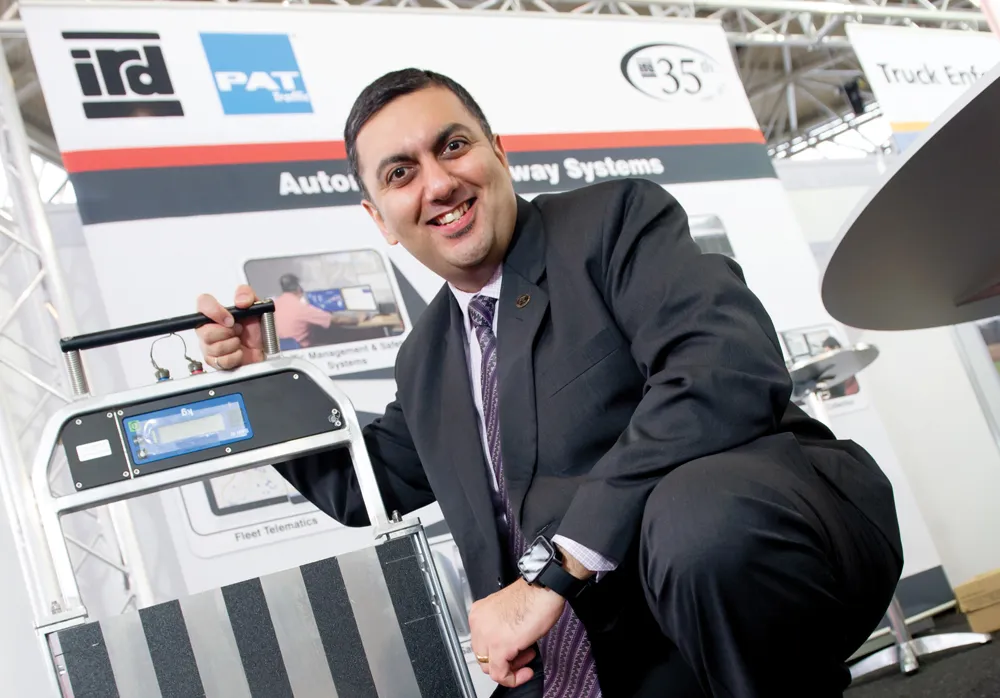Transport for London (TfL) and the Vehicle Operator Standards Agency (VOSA) have signed a Memorandum of Understanding for closer collaboration and data sharing as part of their ongoing work to reduce the impact of dangerous and unroadworthy vehicles in London. The agreement will pave the way to allow TfL to provide details of every commercial vehicle involved in breakdowns and overheight collisions within the Blackwall Tunnel to VOSA.
May 22, 2013
Read time: 3 mins
The agreement will pave the way to allow TfL to provide details of every commercial vehicle involved in breakdowns and overheight collisions within the Blackwall Tunnel to VOSA.
Currently, TfL write to the owner (rather than the driver) of a commercial vehicle that causes an incident within the Blackwall Tunnel. However, this is only possible where the owner’s details appear in the livery of a vehicle, which often only occurs in a handful of cases. By providing the vehicle details to VOSA, more direct and appropriate action can be taken against the owners of these vehicles, which can range from future enforcement activity to referral of the operator to the Traffic Commissioner, helping to further change driver behaviour across London.
In addition, TfL has invested in a new site office on the tunnel’s northern approach, which will be used by VOSA and the Metropolitan Police to carry out enforcement activity. A new automatic number plate recognition (ANPR) and weigh-in-motion system has also been installed on the A2 to identify potentially overweight vehicles in advance of approaching the tunnel.
Vehicles that are identified as potentially overweight will then be accurately weighed and inspected at the new site office. Removing overweight vehicles from the road network as quickly as possible will help further reduce the disruption these vehicles can create across London.
London’s Transport Commissioner, Sir Peter Hendy CBE, said: “Our new agreement with VOSA will allow us to work even more closely together than before. By providing additional checks against illegally overweight vehicles trying to use the Blackwall Tunnel, we can increase our direct action against dangerous operating practices and improve the capital’s roads for all.”
Heather Cruickshank, VOSA Director of Operations said: “VOSA is pleased to be working with Transport for London to help target non-compliant commercial operators and drivers. Joint working with organisations such as the TFL helps VOSA work towards its aim of saving lives, cutting crime and protecting the environment.”
Simon Brown, Head of Safer Transport Command Roads Policing said: “With our Roads Policing Unit working at the tunnel we are on site to rapidly respond to breakdowns and collisions as well as providing a dedicated service of increased enforcement operations and stop-checks on potentially sub-standard vehicles to help prevent incidents from occurring in the first place.”








